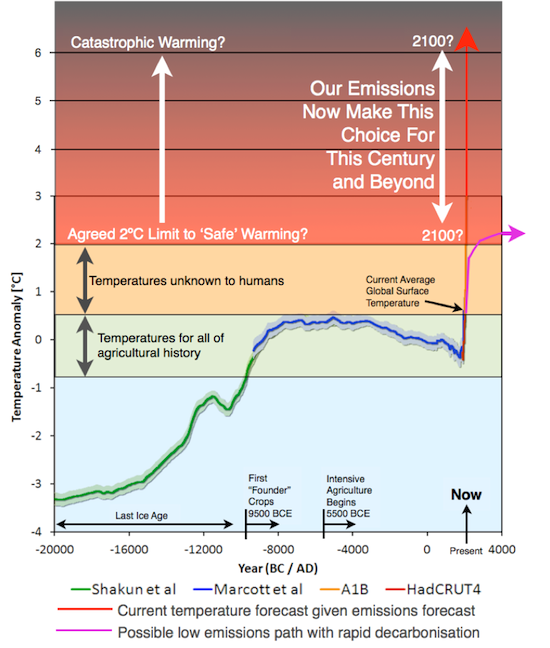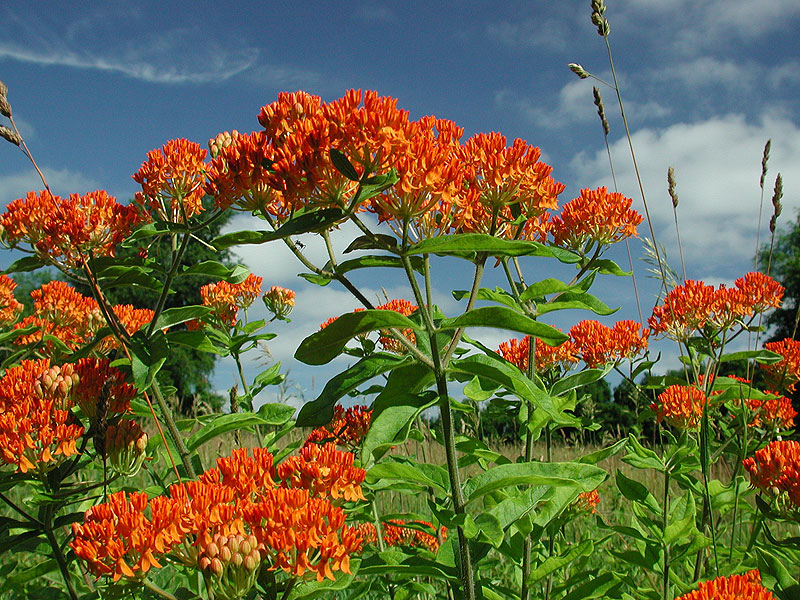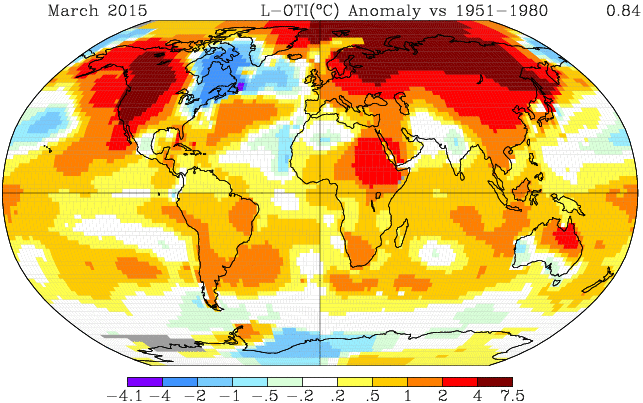Degrowth: A planned reduction of excess energy and resource use in rich nations to bring the economy back into balance with the living world, while reducing inequality and improving people’s access to the resources they need to live long, healthy, flourishing lives.
Tag Archives: Climate Change
Science Links – August 9, 2016
- NOAA, Arctic Oscillation
- Atmospheric and Environmental Research blog, Arctic Oscillation Analysis and Forecasts
- Frederic Hourdin, et al., The art and science of climate model tuning
- Northeast Regional Climate Center, Northeast Drought Update
- UMass Agricultural Extension, Gypsy Moth: Now that We Have Survived the Largest Outbreak Since 1981, What’s Next?
Weekly Digest – June 5, 2016
Good Government
- Ngaire Woods, Confronting the Global Threat to Democracy
- The International Consortium of Investigative Journalists, The Panama Papers: The Power Players
- Sarah Chayes, Thieves of State
Science and Public Policy
- E. M. Leibensperger et al., Climatic effects of 1950–2050 changes in US anthropogenic aerosols – Part 1: Aerosol trends and radiative forcing
- G. A. Meehl, et al., Decadal Climate Prediction: An Update from the Trenches
- MIT Joint Program on the Science and Policy of Global Change, 2015 Energy & Climate Outlook
- International Energy Agency, Energy and Climate Change: World Energy Outlook Special Report
Science Links – May 22, 2016
Worthwhile reads from the past week:
- Richard Zanibbi, Bayesian Decision Theory [Ed.: A useful primer.]
- Gavin Schmidt, Comparing [climate] models to the satellite datasets
- Rolf Schuttenhelm, Real Global Temperature Trend, p18 – Now how high is climate sensitivity? Here’s the answer of the world’s 15 leading climate experts!
- PRISM Climate Group (Oregon St. Univ.), Total Precipitation Anomaly: May 2012-May 18, 2016 [Ed.: We’re a little dry here but check out southern and central CA]
- Jeffrey Powell, To fight Zika, let’s genetically modify mosquitoes – the old-fashioned way
Climate science links
I’m pretty sure Eli Rabett posted this on his blog last year but it’s worth reposting:
Also this – The Paleocene-Eocene Thermal Maximum (PETM): Global Warming, Naturally. (See Figure 2. It’s the slope of the red curve relative to the blue that should alarm you.)
(Source)
Climate Moment
I am a scientist. My work requires that I understand atmospheric physics and some chemistry as well as a healthy dose of applied mathematics and statistics. Over the past 25 years I’ve picked up enough climate science that I have a pretty good idea of what’s coming should we choose to maintain the status quo with respect to fossil fuel consumption and carbon dioxide emissions. I am not given to false hopes. I think often of a passage from Dougald Hine’s essay, “What do you do, after you stop pretending?” Hine writes:
‘Changing the world’ has become an anachronism: the world is changing so fast, the best we can do is to become a little more observant, more agile, better able to move with it or to spot the places where a subtle shift may set something on a less-worse course than it was on. And you know, that’s OK – because what makes life worth living was never striving for, let alone reaching, utopias.
There’s a big difference between the task of trying to sustain “civilisation” in its current form … which is what “sustainability” has largely come to mean, and the task of holding open a space for the things which make life worth living. I’d suggest that it’s this second task, in its many forms, which remains, after we’ve given up on false hopes.
Hine’s passage stays with me. We need to hold open that space.
For me, flowers are one of the things that make life worth living. I feel strongly enough about it that I plant wildflowers. I started off some years ago planting New-England-native species but last year I switched my focus to prairie wildflowers. In addition to their beauty and their appeal to bees and other pollinators, I am drawn to their resilience. They put down roots three feet, four feet, or more. They tolerate extreme heat and drought. That, I believe, is significant.
Last summer our Asclepias tuberosa – otherwise known as “butterfly weed” – was in full bloom. Butterfly weed is a cousin of milkweed. It is shorter – a bit above knee height – with small orange star-shaped flowers. It is far and away our most popular flower with the bees and butterflies. One hazy Saturday afternoon in July my four-year-old son and I walked down our garden pathway and sat down between two large patches of it. When we sat the flowers were over our heads. The blossoms were teeming with bees. We watched and listened for a few minutes. In the moments in between the sound of passing cars, the hum of the bees filled the space around us. It was not a dramatic moment but is one which will stay with me.
There’s a big difference between the task of trying to sustain civilization in its current form and the task of holding open a space for the things which make life worth living. When it comes to climate change, we can each find our place on the continuum from comprehension to commitment to action. I may not be at a place in my life where I can engage in civil disobedience in order to block construction of a natural gas pipeline, but I can develop compassion for and be supportive of those who do. And I can make time to plant wildflowers which set deep roots and to sit with my kids and watch the bees.
Orwell’s 1984 was intended as a warning not an instruction manual
Newspeak:
- Jeb Lund, Republicans’ new climate strategy: just ban the words ‘climate change’
- Tristram Korten, In Florida, officials ban term ‘climate change’
- Evan Lehmann, Wisconsin Agency Bans Talk of Climate Change
Actually, it gets much worse than just banning (or attempting to ban) words. They act to suppress inquiry in general and the collection of potentially inconvenient information in particular. It was bad before the 2014 election.
- The Economist, Ignorance is Freedom
- Tim McDonnell, Taking Research for Granted
- Jeffrey Mervis, Battle between NSF and House science committee escalates: How did it get this bad?
and then it got worse
- Eli Rabett, Turn Out the Lights
- Eric Berger, Is there anyone in Congress that can restore NASA’s Earth science budget cut?
- John Timmer, House Science Committee guts NASA Earth sciences budget
- Elizabeth Kolbert, The G.O.P.’s War on Science Gets Worse
- Mike the Mad Biologist, Wyoming’s War on Microbiology
(Many of the links above are directly or indirectly via Mike the Mad Biologist.)
You wonder why I believe contemporary Republicans are essentially Stalinists? Well there you have it.
PS No, both sides don’t do it. This is a Republican problem.
Reinvent the world
Many of the choices we make as a culture – as a society – disappoint me. We could do much better than we’ve done. That stated, I hold out hope that future generations will make better choices than my generation and our predecessors have and that they will be able to improve upon the world we leave them.
I was running errands today and happened to hear a few minutes of Salman Rushdie’s keynote address at Emory University’s Commencement. His speech captured both my frustrations and my hopes. Hold out for the last minute and a half:
The north latitudes were really freaking warm last month
The northeastern United States was cold but the northern latitudes were overall quite warm last month. From NASA:
Misguided criticism of Franzen’s New Yorker article
In this week’s Weekly Digest I linked to a recent article by Jonathan Franzen in The New Yorker, “Carbon Capture: Has climate change made it harder for people to care about conservation?” He made a few statements that I’d challenge but, overall, it’s a very thoughtful and nuanced piece. He speaks to the challenge that many of us feel in trying to make progress towards solving chronic problems while also dealing with acute ones. He tells a good “think globally, act locally” story. It’s a good read. Unfortunately, over the past few days I’ve read some really out-to-lunch criticisms of the piece by people whose opinions I generally respect. (Names omitted here to protect the guilty.) I don’t know what to say about that beyond, “Read it for yourself.”



